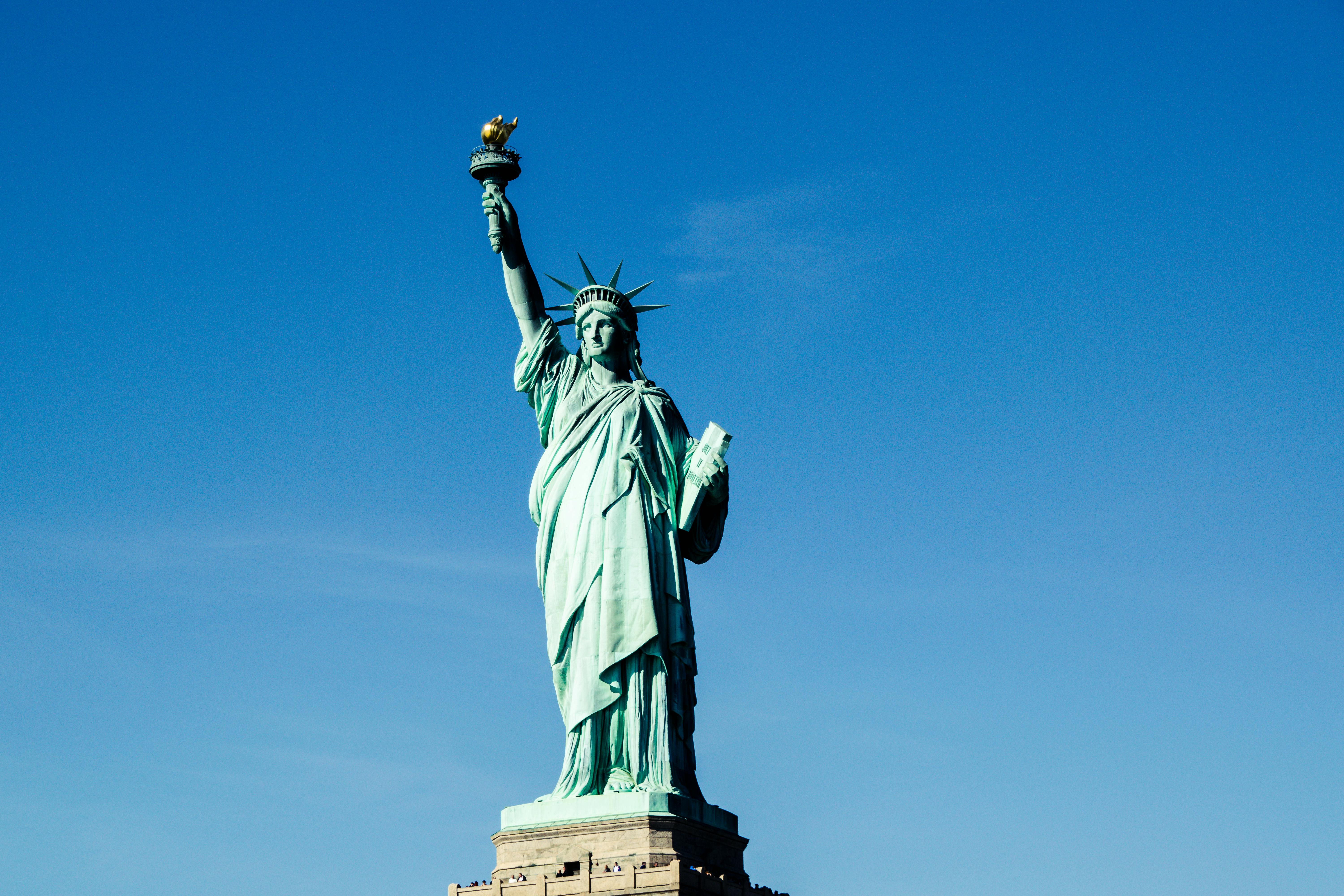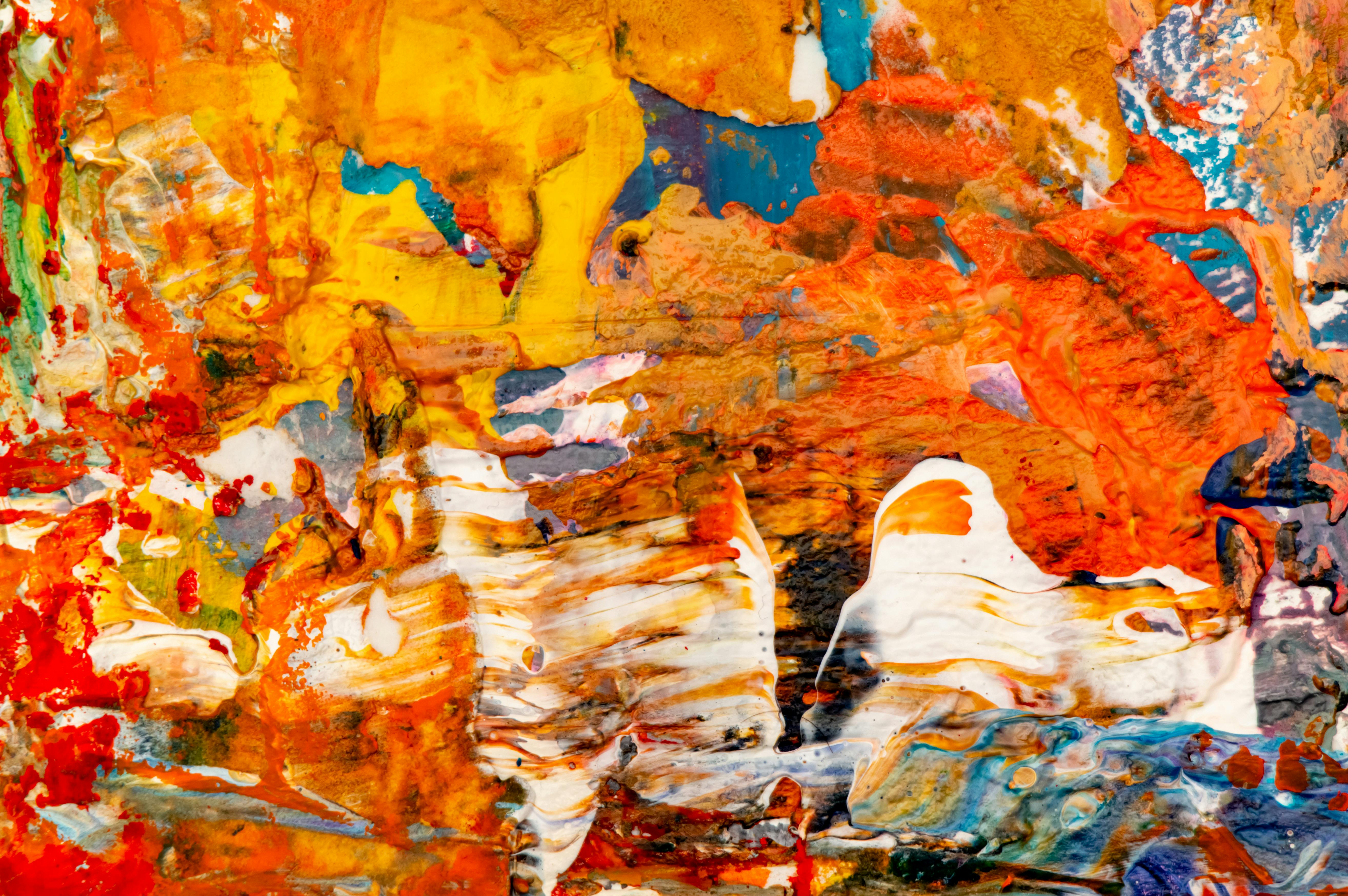Launceston Elliot was a versatile athlete who participated in no fewer than five events at the inaugural modern Olympic Games held in Athens in 1896, becoming Britain’s first Olympic champion. He had a magnificent physique and was described as: “the most handsome man of his generation.”
His father, Gilbert Elliot, was a magistrate related to the Earls of Minto, who were known for their distinguished service in India, and Launceston was born in India on June 9, 1874. While Gilbert was staying at a hotel in Launceston, Tasmania, his first wife fell and died from a balcony, apparently under suspicious circumstances, and Gilbert married the hotel receptionist, Ann, who was of Scottish descent. Launceston was the product of this marriage, and is said to have been named after the city where it was conceived. After spending part of his early childhood in Australia, he first saw his true homeland in 1887 when his father started farming in rural Essex.
He became interested in bodybuilding and attended the school of Eugene Sandow (1867-1925), the respected professional strongman and exponent of physical culture, where he was introduced to the sport of weightlifting. Sandow was a man of thoughtful views who advocated moderation in all health methods. Under her expert guidance, Elliot was taught to recognize the advantages of muscular strength gained through a system of movements over basic brute strength. Elliot was a good student, and at just 16 years old he gave a good account of himself at the first weightlifting championships open to competitors from around the world, held at the Cafe Monaco on Piccadilly in London, on March 28, 1891. The competition lasted three days, during which each man attempted ten lifts consisting primarily of repetition or alternating pressure of 56 and 84 pound weights with each hand. The contest was won by Edward Lawrence ‘EL’ Levy (1851-1932) of Birmingham. Elliot won his first title in 1894.
The Olympic Games were held in ancient Greece for twelve centuries, until AD 393, when they were abolished by Emperor Theodosius and the great stadium of Olympia was left to collapse. Great Britain was very influential in the movement towards an Olympic revival. The Cotswold Olympic Games were started by Robert Dover in 1636, continuing for 200 years, and in 1850 Dr. Penny Brooke founded an Olympic Society at Much Wenlock in Shropshire. Many new sports were being devised and established in Victorian England, and this ‘golden age’ of sport put an idea in the head of a French nobleman named Baron Pierre de Coubertin, a physical culture adviser to his government, who was just starting out. to worry about the advancement of commercialism in sport. When he visited England, he was impressed with the importance of games played exclusively for recreational purposes in public schools, and he admired the spirit of internationalism displayed by Dr. Brooke when he met him on a visit to Much Wenlock. He was determined to revive the Olympics as a way to bring young people together for a friendly competition.
De Coubertin worked tirelessly to organize an International Sports Congress, and his efforts were rewarded in Paris on June 23, 1894, when he presided over a meeting of 285 representatives from 13 nations, and 21 other countries pledged their support. From this meeting the International Olympic Committee was born. It was decided to hold the Games every four years, with London being the initial choice for the first venue. However, de Coubertin wanted to organize the inaugural Games to coincide with the next Paris World’s Fair scheduled for 1900. However, the enthusiasm was such that an earlier date was demanded, and the Greek delegates made a request based on tradition. for the Games to be held. in Athens. The application was accepted, and the first modern Olympic Games were held in April 1896, in the stadium where its old predecessor had disappeared.
Lawrence Levy had been involved in the Olympic Movement, and it was probably due to his influence that Elliot decided to sail to Athens from Marseille aboard the “SS Congo”. His magnificent appearance caused quite a stir when he arrived in the Greek capital. The official report of the 1896 Olympic Games says: ‘This young man attracted universal admiration for his unusual beauty. He was of impressive stature, tall, well proportioned, his hair and complexion surprisingly beautiful. No doubt he appealed to the Greeks, especially women, and an Athenian newspaper was forced to report: “His handsome figure got him a marriage offer from a high-ranking admirer.”
On the afternoon of Easter Monday, April 6, 1896, 4,000 eager spectators packed the newly renovated Panathenaic Stadium, along with De Coubertin and several other dignitaries, to hear King George of Greece announce the opening of ‘the first International Olympic Games ‘. There were no official entries, most of the competitors appear to have traveled to Athens on their own initiative and some 250 men from 14 nations are believed to have participated. Of the 81 non-Greeks, only ten were from the British Isles, and some of them resided in Athens. There were 43 events in ten sports: track and field, cycling, fencing, gymnastics, rowing, sailing, shooting, swimming, weightlifting and wrestling. However, the rowing events were canceled due to bad weather and sailing was abandoned due to lack of interest. Lawrence Levy had intended to participate in the weightlifting competition, but there were some difficulties with the organization and he decided to officiate instead. He also wrote reports on events for the Birmingham Post. Among the thousand people outside the stadium were the Royal Navy crew from HMS Howe docked in Piraeus.
James Connolly of Boston became the first Olympic champion when he won the triple jump on the first day of competition. Times in race events were not expected to be fast because the corners were too steep to negotiate at high speed. Launceston Elliot was one of 15 men who participated in the 100-meter heats, and the first Briton to compete in the Olympics was Charles Gmelin (1872-1950) of the University of Oxford, who finished fourth in the third round. Elliot was also eliminated in the playoffs. The sprints produced a comic farce incident when a stylish French runner insisted on wearing white gloves because he was performing in front of royalty. Charles Gmelin became the first Briton to compete in an Olympic final when he lined up for the 400 meters on the second day. Britain’s only competitor in field events was George Stuart Robertson (1872-1967) of the London Athletic Club. He was a student of the classics and an Oxford blue for the hammer. However, there was no hammer event at the Games, so he entered the puck and placed sixth. He also found time to write daily reports on the action for Field magazine.
There were only two events in the weightlifting program, the one-hand lift and the two-hand lift, both scheduled for the second day, April 7. In the first event, Elliot lifted 156 pounds with his right hand. The closest anyone got to that was 57.2 kilograms – 126 pounds, by Viggo Jensen of Denmark, so Elliot gained by almost fifteen kilograms – thirty pounds, to become Britain’s first Olympic champion. The two men met again at the two-handed event, sparking the first instance of a controversy over the Olympic judges. Both men lifted 111.5 kilograms, 245 pounds, but as in the two athletic events tied, the decision of the referees was against the Briton. Elliot was said to have moved his foot during his attempt and the decision went to Jensen based on his “superior style.” Elliot thus became the first Briton to finish second in an Olympic event, lifting the most weight when both disciplines were added. Apparently King George volunteered to help clean the apparatus, and after lifting one of the heaviest weights, he threw it a considerable distance!
Elliot and Jensen met for the third time when they competed in the rope-climbing event three days later, as part of the gymnastics program. Unfortunately, neither of them made it to the top of the rope. The next day, Elliot entered the wrestling competition, which was held outdoors in a sand pit, and although it was technically a Greco-Roman event, leg grabs were allowed. Elliot met Carl Schumann, a formidable Germany who had won three Olympic gymnastics championships and placed fourth in the shot put. Elliot had a slight psychological advantage, as he had beaten the German in weightlifting. As it was, Schumann “grabbed him in the middle and threw him to the ground in the blink of an eye” and won the competition.
The award ceremony on the tenth and final day of competition took place in pouring rain on April 15. King George presented each champion with a silver medallion and an olive branch and the runners-up received a bronze medallion. Third athletes were left unrewarded and the awarding of gold, silver and bronze medals was not introduced at the Olympics until 1908 in London. George Robertson recited a Greek ode composed by himself, for which he received a laurel branch from the king, while a parade of champions brought the Games to an end. Robertson was knighted in 1928 and, when he died at the age of 94, he was the last known survivor of the early Modern Olympics.
Launceston seems to have avoided the attention he attracted among the wealthy and affluent women of Athens, because in 1897 he married Emelia Holder, the daughter of a Kentish clergyman. His Olympic successes boosted his confidence and he was virtually getting stronger in his sport. In 1899 he set four new weightlifting records at the British Amateur Championship. His magnificent physique brought him much fame, and he became one of the men featured on the Nickelodeon cards that made arcade display popular in the early 1900s. Music Hall or Variety Theater was at the height of its popularity at the time, and Launceston created a special act with famous circus strongman Montague Spencer, with whom they toured Great Britain, Europe, and South America. Among scenographies that represented a Roman arena and dressed as gladiators, they staged a fight to the death, using models of weapons of the time, such as the cestus, the trident and the net. At the end of the show, Elliot made a show of force, the end of which was to suspend a bicycle and a cyclist at each end of a long metal pole that was held on his shoulders. It lifted them off the ground and began to spin, gaining momentum until the two riders were horizontal.
In 1923, he and his wife moved to Australia, making their home in Melbourne, where he became a respected member of a group of well-known sports figures. In 1930, he developed spinal cancer and was admitted to a hospital for specialized emergency treatment. He was unable to recover from a serious operation and died on August 8, 1930, at the age of 58. He was buried at Fawker Cemetery in Melbourne. Due to his family connection to the Earls of Minto, he is the only Olympic weightlifter to feature in Burke’s Nobility and, as Great Britain’s only Olympic weightlifting champion, has a prominent position in the Hall of Fame. the Scottish Athletes in Edinburgh.



